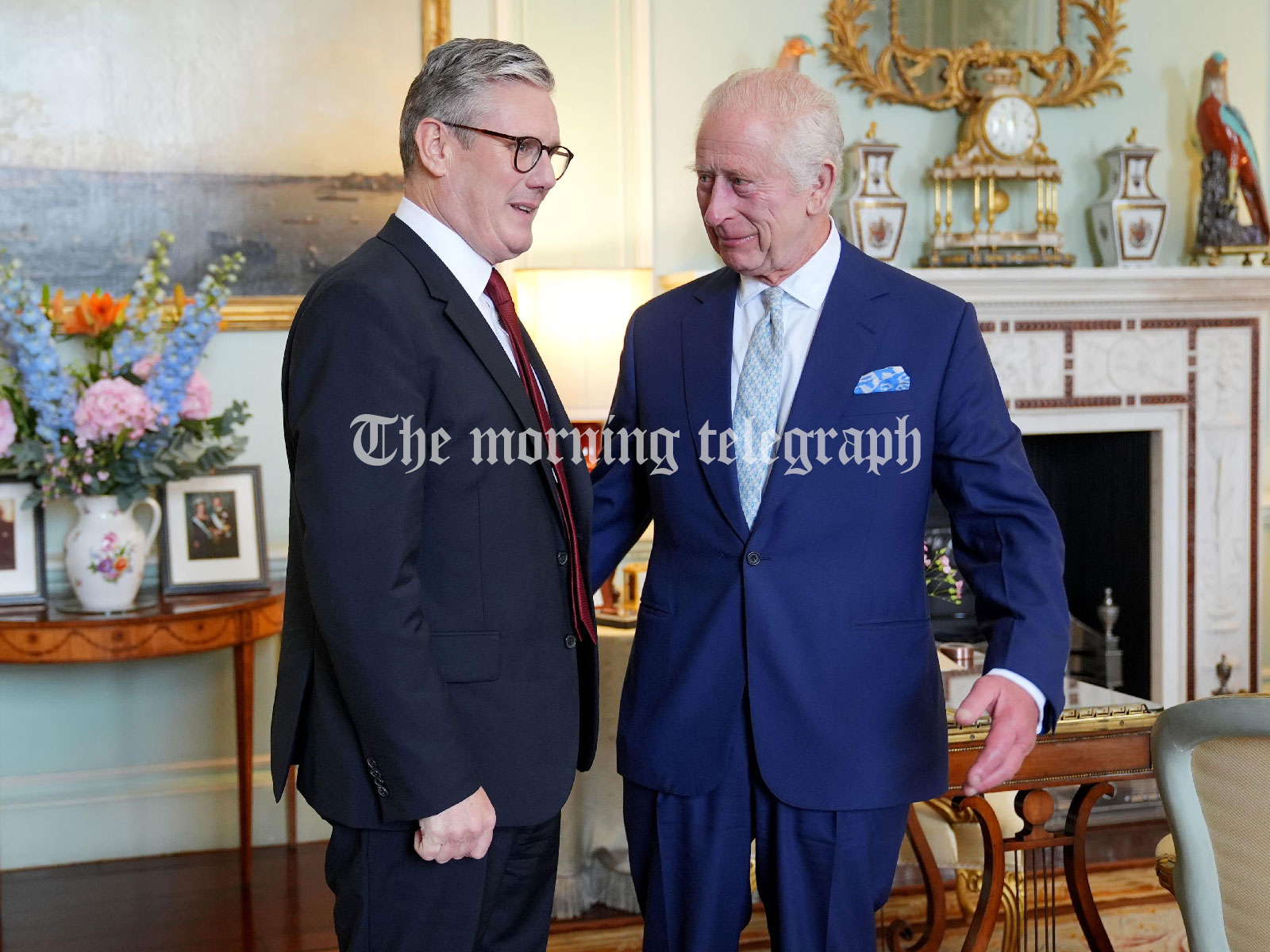
London, July 5, 2024 — In a momentous occasion for British politics, Sir Keir Starmer has officially assumed office as the Prime Minister of the United Kingdom. Following a decisive victory in the recent general elections, the leader of the Labour Party has taken over from the outgoing Conservative government, marking a significant shift in the UK’s political landscape.
Sir Keir Starmer’s Labour Party won a substantial majority in the general elections held last month, reflecting widespread public support for his vision and policies. His ascent to the position of Prime Minister has been seen as a vote for change, with promises to tackle economic inequality, improve public services, and lead the country with integrity and competence.
In his first address as Prime Minister outside 10 Downing Street, Sir Keir Starmer vowed to bring about “a new era of hope and opportunity” for all citizens. “Today, we begin a journey to rebuild and rejuvenate our nation. I am deeply honored and humbled to serve as your Prime Minister, and I promise to work tirelessly to make the UK a fairer, greener, and more prosperous place for everyone,” he declared.
Starmer’s campaign focused on several key issues, including economic recovery, strengthening the National Health Service (NHS), addressing climate change, and promoting social justice. His platform appealed to a broad spectrum of voters, from working-class communities to young people concerned about the future.
One of the central tenets of Starmer’s campaign was a commitment to addressing economic disparities and supporting working families. He has promised to raise the minimum wage, introduce fairer tax policies, and invest heavily in public services. His government is expected to prioritize rebuilding the economy post-Brexit and COVID-19, with a focus on green jobs and sustainable growth.
Sir Keir Starmer has placed a strong emphasis on improving the NHS, which has faced significant challenges in recent years. He has committed to increasing funding for healthcare, reducing waiting times, and ensuring that everyone has access to high-quality medical services. Social care reforms are also on his agenda, with plans to provide better support for the elderly and vulnerable.
As part of his vision for a greener UK, Starmer has pledged to take robust action on climate change. His government is expected to invest in renewable energy, promote sustainable transport, and work towards the goal of net-zero emissions by 2050. He has also emphasized the importance of international cooperation in addressing global environmental challenges.
In a move that underscores his commitment to inclusivity and representation, Sir Keir Starmer has appointed a diverse Cabinet, drawing from a wide range of backgrounds and experiences. This new team includes prominent figures such as Lisa Nandy as Foreign Secretary, Rachel Reeves as Chancellor of the Exchequer, and Angela Rayner as Deputy Prime Minister and Minister for Social Justice.
Reactions to Starmer’s appointment have been overwhelmingly positive, with leaders from various sectors expressing optimism about the new government’s direction. The Confederation of British Industry (CBI) welcomed his commitment to economic stability and growth, while environmental groups praised his focus on climate action.
Internationally, leaders have congratulated Sir Keir Starmer on his new role, emphasizing the importance of continued cooperation with the UK. US President Joe Biden extended his congratulations, highlighting the long-standing partnership between the two nations. European leaders also expressed their eagerness to work with the new Prime Minister on shared challenges.
Sir Keir Starmer’s rise to the position of Prime Minister marks the beginning of a new chapter in the UK’s political narrative. His administration faces the immediate challenge of addressing economic recovery, social inequality, and climate change, but there is a palpable sense of hope and expectation among the public.
As Sir Keir Starmer takes the helm, the nation watches closely to see how his policies and leadership will shape the future of the UK. His commitment to integrity, fairness, and progress sets the stage for a transformative period in British politics.
The new Prime Minister has laid out an ambitious agenda, and the coming months will be crucial in translating his vision into tangible outcomes. The challenges ahead are significant, but with a clear mandate and a strong sense of purpose, Sir Keir Starmer’s government is poised to drive meaningful change and lead the UK towards a more equitable and sustainable future.




